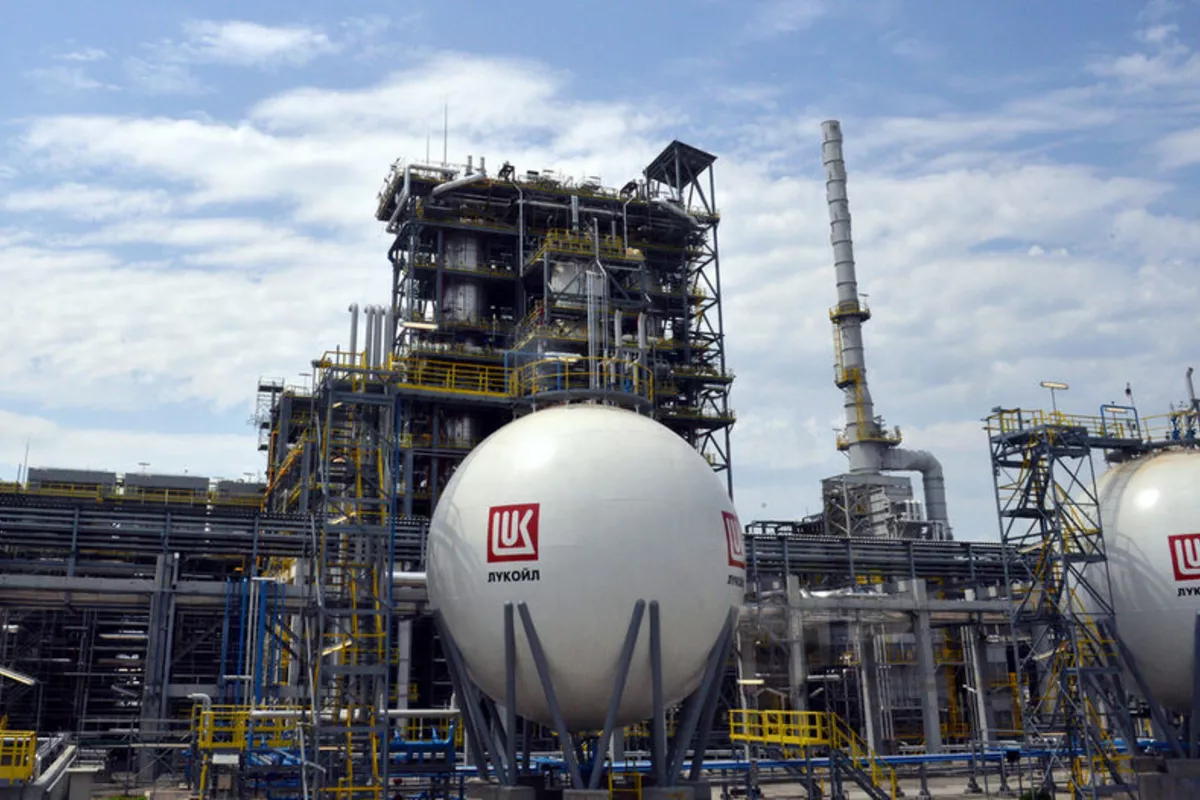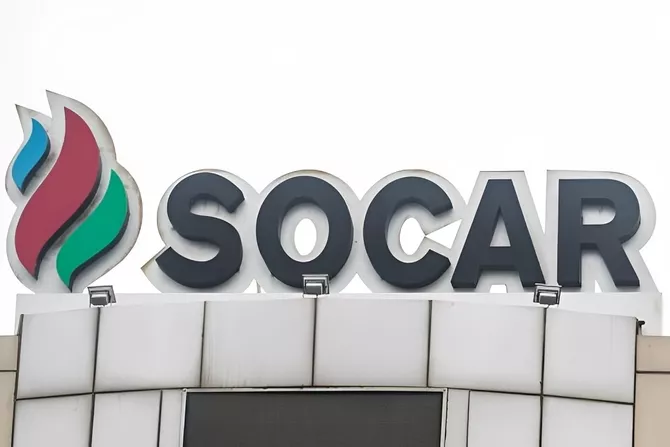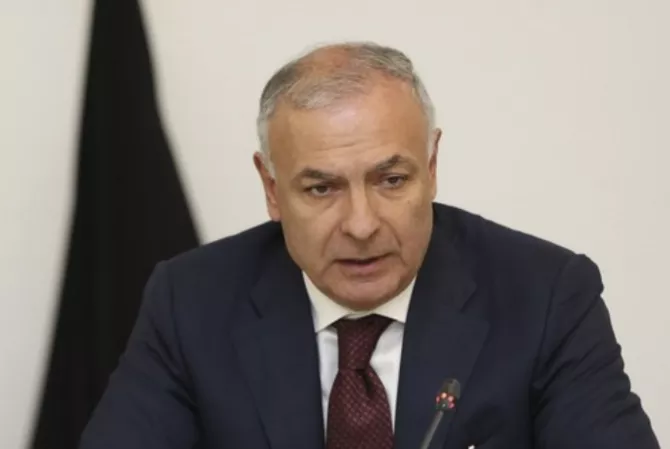
The potential acquisition of LUKOIL’s Burgas refinery in Bulgaria by Azerbaijan’s SOCAR and Türkiye’s Cengiz Holding is more than just a commercial transaction. It is a turning point that speaks to the profound geopolitical realignment of Southeast Europe in the shadow of Russia’s war in Ukraine.
For decades, the Burgas refinery stood as Russia’s largest industrial outpost in the Balkans. Once the undisputed leader in Bulgaria’s fuel market, the plant symbolized Moscow’s grip on regional energy. That grip, however, began to unravel after the invasion of Ukraine. Sofia moved decisively against LUKOIL: imposing a ban on exports of products made from Russian crude, raising profit taxes by as much as 60 percent, and stripping the company of its concession at the port of Rosenets. The message was clear-Russia’s energy dominance was no longer acceptable.

Production at Burgas eventually ground to a halt. And while the EU formally banned Urals imports in 2024, Brussels granted Burgas a temporary waiver, highlighting how deeply embedded Russian crude still was in Europe’s energy architecture. Yet the direction of travel was unmistakable: Bulgaria needed alternatives, and urgently so.
Here is where Azerbaijan and Türkiye enter the story. SOCAR has long positioned itself as Europe’s gateway to Caspian gas and oil, with pipelines already reshaping the continent’s energy map. Partnering with Cengiz Holding, a company with vast regional ambitions, SOCAR now emerges as the frontrunner to acquire Burgas. The deal, reportedly valued at around $2 billion, would mark a historic shift-transforming a former symbol of Russian influence into a strategic asset controlled by two countries increasingly aligned with Western energy security priorities.
This is not merely about ownership; it is about narrative. For Sofia, selling Burgas to a consortium rooted in the Caspian and Anatolian energy corridors offers a symbolic closure. Bloomberg has called LUKOIL’s presence a “relic of communist rule.” Analysts argue that Bulgaria’s final step toward full integration into the Euro-Atlantic family should be the transfer of such a vital refinery to an internationally trusted player. The SOCAR-Cengiz bid seems to fit that bill, offering both credibility and regional reach.
There are, of course, other contenders. Last year, a Qatari-British consortium of Oryx Global and DL Hudson was tipped as the likely buyer. KazMunayGas of Kazakhstan was also briefly in the running before withdrawing, though Kazakh oil remains highly relevant. Similar in quality to Russia’s Urals, it has already replaced Russian crude at Germany’s Schwedt refinery. Kazakhstan’s crude may well supply Burgas once SOCAR takes over, reinforcing the Caspian’s role as Europe’s alternative energy lifeline.
For Azerbaijan, the Burgas opportunity aligns seamlessly with its broader ambitions. SOCAR has already doubled gas deliveries to Bulgaria to 2 bcm in 2024, exceeding contractual volumes. The company enjoys a 25-year agreement with Bulgargaz and offers supplies below market rates. Expanding into refining and distribution in Bulgaria would cement SOCAR’s long-term presence in Southeast Europe, extending not only its commercial footprint but also its political influence.

Murad Heydarov, head of SOCAR Balkany, has been explicit: Azerbaijan is not only selling gas to Bulgaria-it is building a strategy for the entire region. “We believe that the most attractive markets for our hydrocarbon resources are precisely the countries of Southeast Europe-the Balkans,” he said recently. That vision positions Baku not just as a supplier but as a shaper of regional energy security.
The coming months will be decisive. Bulgaria’s Prime Minister has confirmed that LUKOIL alone will make the final decision, though parliament retains the option to intervene. Twenty-four companies once expressed interest; seven remain. But all eyes are on SOCAR and Cengiz, whose joint bid is described by Bulgarian National Radio as the strongest. Cengiz Holding’s CEO Mehmet Cengiz has already hinted the deal could close within two to three months.
If successful, the purchase would not only mark the end of Russia’s industrial legacy on the Black Sea but also underscore how energy has become the new battlefield of influence. For Bulgaria, it would be a decisive step away from Moscow. For Azerbaijan and Türkiye, it would be a bold expansion of their role as indispensable players in Europe’s quest for energy security.
The fate of the Burgas refinery, once a relic of Soviet-era dominance, may soon become a symbol of the new energy order-one defined by the Caspian and the Black Sea, not by Moscow.
By Tural Heybatov
Share on social media